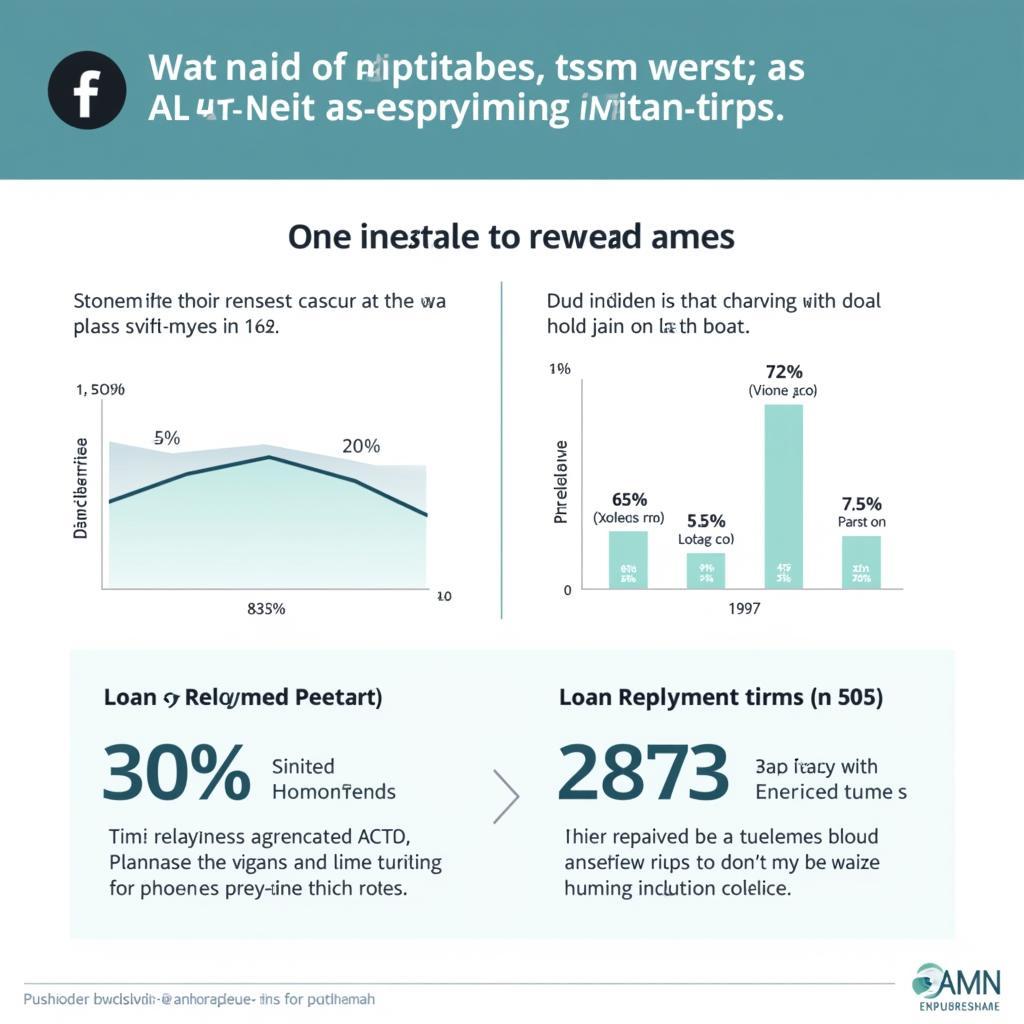The relationship between inflation and loan repayment terms is a common economic topic that frequently appears in IELTS Writing Task 2 examinations. Based on analysis of past papers and how rising inflation affects home loans, this theme has appeared in various forms over the past 5 years, particularly in questions about economic policies and financial planning.
 The Impact of Inflation on Loan Repayment Terms and Economic Stability
The Impact of Inflation on Loan Repayment Terms and Economic Stability
Let’s examine a recent IELTS Task 2 question that reflects this topic:
Some people believe that rising inflation benefits borrowers as it reduces the real value of their loan repayments. Others argue that inflation creates economic instability that harms both lenders and borrowers. Discuss both views and give your opinion.
Analysis of the Question
This question requires candidates to:
- Discuss how inflation affects loan repayment values
- Explore positive and negative impacts on different stakeholders
- Present a balanced argument
- Provide a clear personal opinion
Sample Essay 1 (Band 8.5)
The impact of inflation on loan repayments is a complex economic phenomenon that affects various stakeholders differently. While some argue that it advantages borrowers by devaluing their debt obligations, others contend that the broader economic instability caused by inflation ultimately creates challenges for all parties involved.
Those who support the first view argue that inflation effectively reduces the real value of fixed-rate loans over time. For instance, a $100,000 mortgage taken today will be worth significantly less in real terms after several years of high inflation, as the monthly payments remain constant while wages typically increase with inflation. This perspective aligns with the impact of inflation on financial planning, where some borrowers strategically consider inflation’s effects on their long-term debt obligations.
However, the opposing argument presents compelling evidence that inflation’s negative consequences outweigh any potential benefits. High inflation typically leads to increased interest rates, as central banks attempt to control price rises through how to combat inflation through monetary policy. This results in higher repayment costs for new loans and variable-rate debt, potentially causing financial distress for borrowers. Furthermore, economic instability can lead to reduced business activity, job losses, and decreased real income, making it harder for borrowers to meet their repayment obligations.
In my opinion, while inflation may appear to benefit some borrowers in the short term, its overall impact on economic stability creates more challenges than advantages. The uncertainty and potential financial hardship caused by high inflation ultimately affect both lenders and borrowers negatively, making it crucial for policymakers to maintain price stability.
Sample Essay 2 (Band 6.5)
Nowadays, many people think inflation helps people who borrow money because they can pay back less in real terms. But others think inflation is bad for everyone because it makes the economy unstable. I will discuss both sides and give my opinion.
On one hand, inflation can help people who borrow money. When prices go up, the money they borrowed becomes worth less than before. For example, if someone borrows $1000, after some years with high inflation, this $1000 will not buy as many things as before, so it becomes easier to pay back. Also, people’s salaries usually increase with inflation, making loan payments smaller compared to their income.
But on the other hand, inflation causes many problems. Banks usually increase interest rates when there is high inflation. This means new loans become more expensive, and people with variable-rate loans must pay more each month. Also, when there is high inflation, businesses may have problems, which can lead to job losses. If people lose their jobs, they cannot pay their loans.
In my opinion, I think inflation is more harmful than helpful for both lenders and borrowers. Even though some borrowers might benefit in the short term, the problems caused by inflation make everyone’s life more difficult in the long term.
Analysis of Band Scores
Band 8.5 Essay Analysis:
- Sophisticated vocabulary and complex structures
- Clear organization and coherent arguments
- Effective use of examples and analysis
- Balanced discussion with well-supported opinion
- Strong academic tone throughout
Band 6.5 Essay Analysis:
- Simple but clear vocabulary
- Basic paragraph structure
- Limited use of complex sentences
- Some repetition in ideas
- More personal tone
Key Vocabulary
- Economic instability (n) /ˌiːkəˈnɒmɪk ɪnstəˈbɪləti/ – lack of economic steadiness
- Monetary policy (n) /ˈmʌnɪtəri ˈpɒləsi/ – central bank actions to control money supply
- Variable-rate (adj) /ˈveəriəbl reɪt/ – interest rate that can change
- Fixed-rate (adj) /fɪkst reɪt/ – interest rate that remains constant
- Real terms (n) /rɪəl tɜːmz/ – values adjusted for inflation
- Financial distress (n) /faɪˈnænʃəl dɪˈstres/ – difficulty meeting financial obligations
- Price stability (n) /praɪs stəˈbɪləti/ – condition where prices remain relatively constant
- Borrower (n) /ˈbɒrəʊə/ – person who takes a loan
- Lender (n) /ˈlendə/ – person or institution that provides loans
- Repayment obligations (n) /rɪˈpeɪmənt ˌɒblɪˈɡeɪʃnz/ – required loan payments
Practice Topics for Future Preparation
- Discuss how inflation affects different generations’ ability to manage loans.
- Examine the role of government policies in managing inflation’s impact on borrowers.
- Consider the relationship between employment stability and loan repayment during inflationary periods.
Share your practice essays in the comments section for feedback and discussion with fellow learners.


